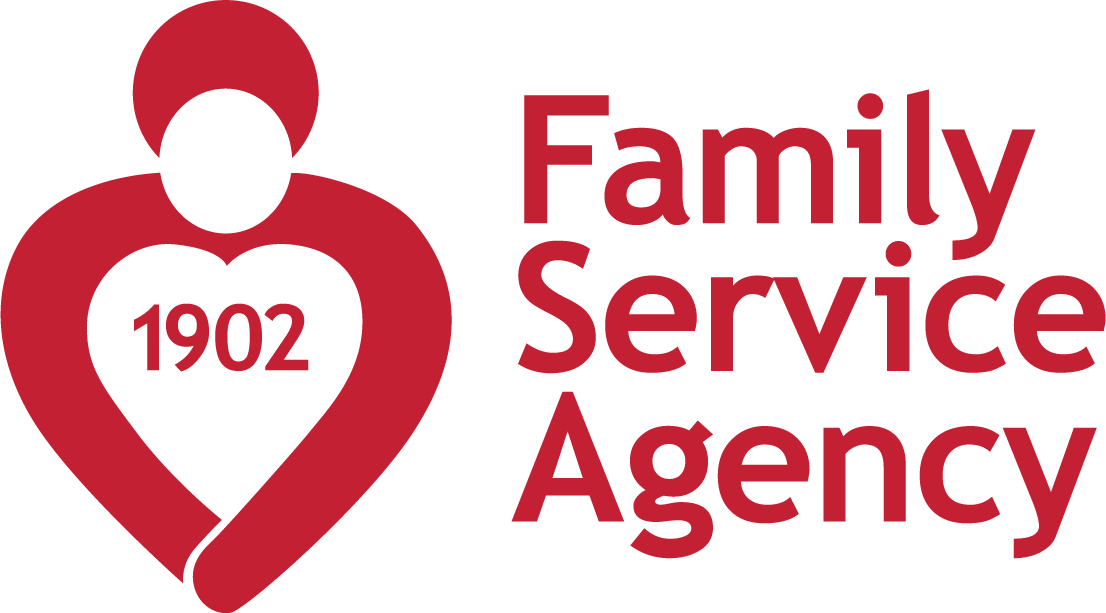In today’s fast-paced and demanding world, mental health issues have become increasingly prevalent. Among the most common conditions are anxiety and depression, affecting millions of people worldwide. Both disorders can have a profound impact on one’s quality of life, relationships, and overall well-being. In this article, we will delve into the intricacies of anxiety and depression, exploring their causes, symptoms, and available treatments, while citing relevant sources to provide accurate and up-to-date information.
Defining Anxiety and Depression:
Anxiety and depression are distinct yet often interconnected mental health disorders. Anxiety is characterized by excessive worry, fear, and apprehension, often accompanied by physical symptoms such as restlessness, palpitations, and difficulty concentrating. Depression, on the other hand, involves persistent feelings of sadness, hopelessness, and a loss of interest in activities once enjoyed. It can manifest as changes in appetite, sleep disturbances, and even thoughts of self-harm or suicide.
Causes and Risk Factors:
Numerous factors contribute to the development of anxiety and depression. Genetics, brain chemistry, environmental stressors, and traumatic experiences can all play a role. Additionally, individuals with a family history of mental health disorders, chronic medical conditions, or substance abuse issues may be at a higher risk.
Diagnosing anxiety and depression involves evaluating a range of physical, emotional, and behavioral symptoms. Common signs include persistent worry, irrational fears, sleep disturbances, changes in appetite, mood swings, social withdrawal, and difficulty concentrating. Mental health professionals employ various assessment tools, interviews, and diagnostic criteria, such as the Diagnostic and Statistical Manual of Mental Disorders (DSM-5), to establish an accurate diagnosis.
Treatment Options:
Fortunately, effective treatments are available for both anxiety and depression. Treatment approaches may include psychotherapy (such as cognitive-behavioral therapy or interpersonal therapy), medication (such as selective serotonin reuptake inhibitors or benzodiazepines), lifestyle modifications (regular exercise, stress reduction techniques), and support from support groups or loved ones.
Conclusion:
Anxiety and depression are serious mental health conditions that can significantly impact an individual’s daily life. By understanding the causes, symptoms, and available treatment options, we can begin to address these disorders with empathy and support. If you or someone you know is experiencing anxiety or depression, remember that seeking help from a qualified healthcare professional is essential. Together, we can foster a more compassionate society that prioritizes mental well-being.
Note: The sources cited in this article are reputable organizations and institutions that provide evidence-based information on anxiety and depression. However, it’s always important to consult with a healthcare professional for personalized advice and guidance.
Sources:
National Institute of Mental Health (NIMH) – Anxiety Disorders: https://www.nimh.nih.gov/health/topics/anxiety-disorders/index.shtml
Mayo Clinic – Depression: https://www.mayoclinic.org/diseases-conditions/depression/symptoms-causes/syc-20356007
American Psychiatric Association – Diagnostic and Statistical Manual of Mental Disorders (DSM-5): https://www.psychiatry.org/psychiatrists/practice/dsm
HelpGuide – Anxiety Disorders and Anxiety Attacks: https://www.helpguide.org/articles/anxiety/anxiety-disorders-and-anxiety-attacks.htm
National Alliance on Mental Illness (NAMI) – Anxiety Disorders: https://www.nami.org/About-Mental-Illness/Mental-Health-Conditions/Anxiety-Disorders/Treatment
Mayo Clinic – Depression: https://www.mayoclinic.org/diseases-conditions/depression/diagnosis-treatment/drc-20356013




